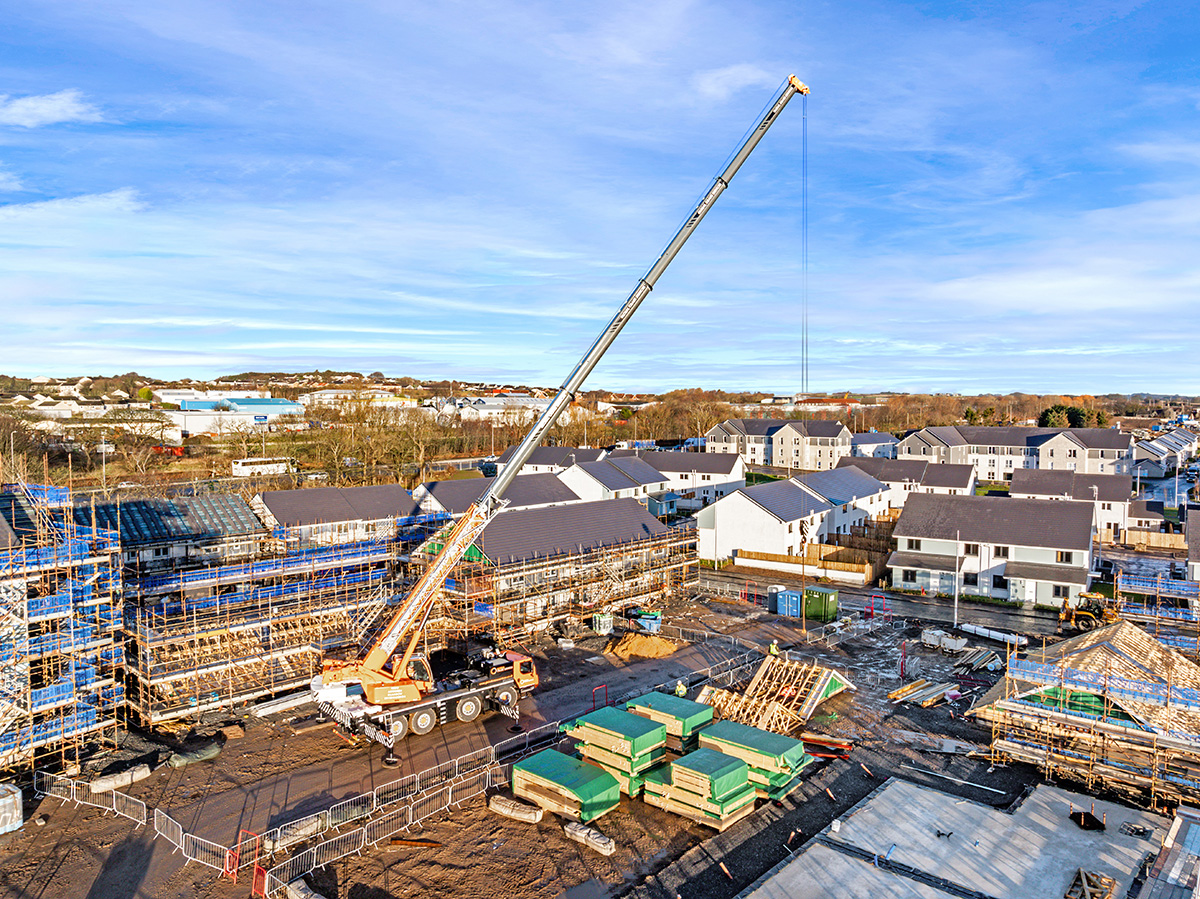
As the construction industry continues to evolve, timber frame construction has seen a notable positive shift, particularly in the latter half of 2024. Despite broader economic challenges like rising interest rates and some stagnation in new housing starts, timber frame construction is emerging as a key player in sustainable building. This trend is underpinned by government initiatives aimed at meeting sustainability and carbon reduction goals, and the timber frame industry is well-positioned to drive this shift forward.
In August and September 2024, the timber frame sector saw a renewed focus on sustainable and energy-efficient building methods, particularly in the UK. The demand for timber in construction has remained steady, with particular growth in sectors like healthcare and education. Commercial and residential projects have increasingly embraced timber frame as an essential component of their sustainability strategies, reflecting the growing recognition of timber frame’s benefits in offsite construction and its compliance with modern regulations such as Part L and Passivhaus standards.
At Deeside Timberframe, we are witnessing this shift firsthand. More developers, architects, and construction firms are moving away from traditional brick-and-block methods, recognising that timber frame solutions offer a faster, more efficient, and sustainable alternative. One of the key drivers of this growth is timber frame’s ability to deliver high-quality structures with shorter build times—an advantage that has become increasingly critical as the UK government continues to push for the delivery of more affordable, energy-efficient housing to meet its ambitious housing targets.
The sector’s upward trajectory is bolstered by government policies encouraging the adoption of Modern Methods of Construction (MMC), particularly offsite timber construction. With timber frame’s proven ability to lower carbon emissions, reduce waste, and align with net-zero goals, the industry has become a crucial component of the UK’s strategy to address climate change while delivering high-quality housing and infrastructure.
Timber Frame: Meeting Key Industry Challenges
The positive turn in timber frame construction is a reflection of its ability to address the key challenges facing the construction industry today. With the rising demand for energy-efficient homes, tighter regulatory standards, and increased pressure to reduce environmental impact, timber frame is uniquely positioned to deliver on all fronts.
At Deeside Timberframe, we’ve invested in the latest technology and offsite manufacturing processes to ensure that our clients can take full advantage of these benefits. Our strategically located manufacturing centres allow us to deliver high-quality timber frame solutions quickly and efficiently across key regions. We also ensure that our systems comply with the most stringent sustainability standards, helping developers meet Part L and Passivhaus requirements without compromising on quality or speed.
The Road Ahead
Looking forward, the timber frame industry is set to continue its growth as more stakeholders recognise the value of this modern construction method. At Deeside Timberframe, we are committed to remaining at the forefront of this transformation.
The next few years will be critical for the industry as government housing targets put further pressure on the sector to deliver high volumes of affordable, energy-efficient homes. With timber frame leading the charge as a proven modern method of construction, we are confident that we can help meet these targets while ensuring the highest standards of sustainability and quality.
For more information on timber frame construction and Deeside Timberframe’s capabilities, please email info@deesidetimberframe.com or call 01569 767 123.